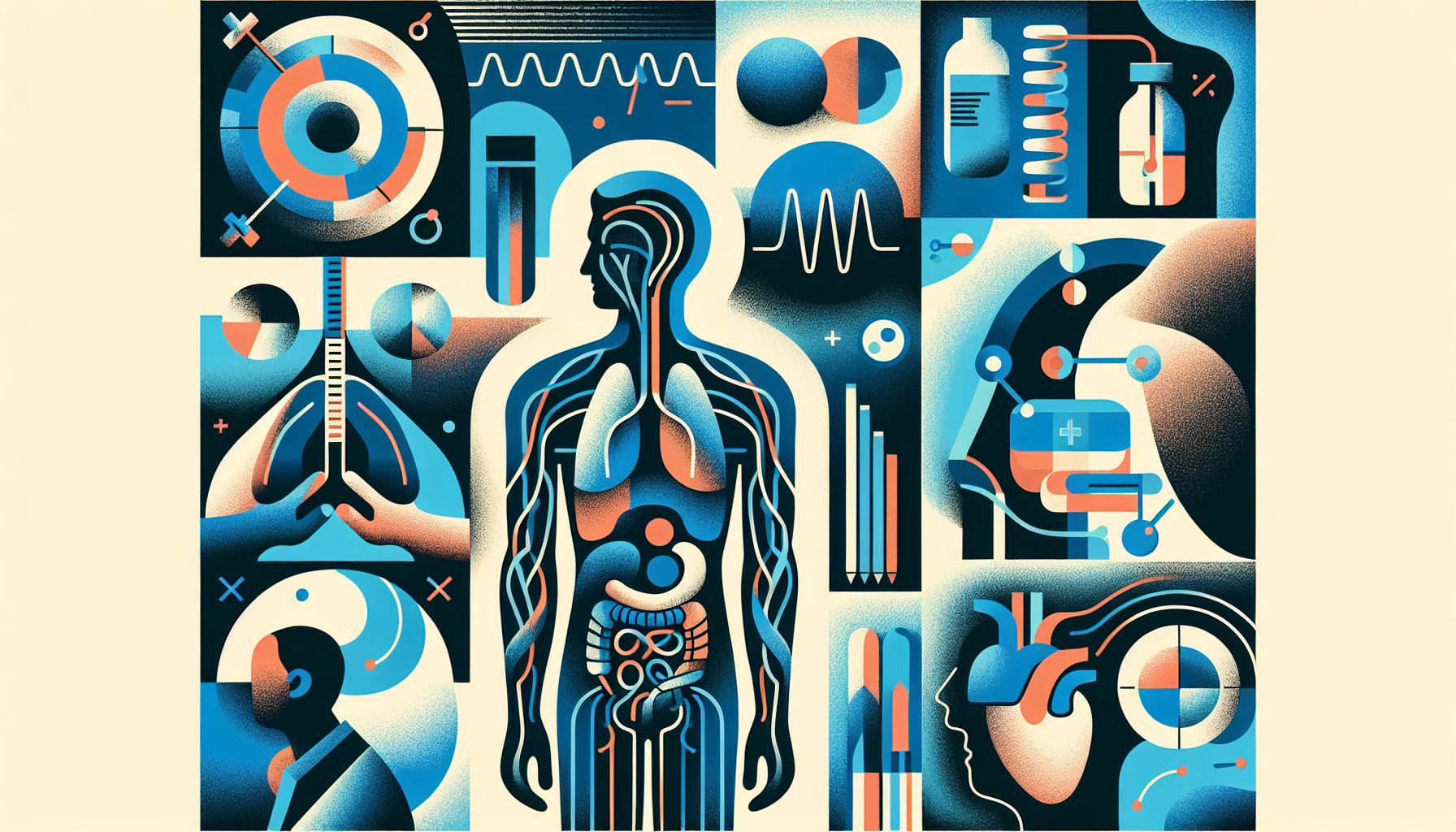Guillain-Barre Syndrome (GBS) is a rare disorder in which your immune system suddenly attacks your nerves, often after you've had a stomach or respiratory infection. It can cause tingling, weakness, and numbness in your feet and hands, which can quickly spread throughout your body. In severe cases, it can lead to paralysis. While most people recover from GBS, it is considered a medical emergency and requires prompt treatment.
Types of Guillain-Barre Syndrome
There are several types of GBS, including:
Acute inflammatory demyelinating polyradiculoneuropathy (AIDP)
Miller Fisher syndrome (MFS)
Acute motor axonal neuropathy (AMAN)
Acute motor-sensory axonal neuropathy (AMSAN)
Causes and Risk Factors
The exact cause of GBS is unknown, but it is often linked to infections, illnesses, and traumas. Some potential triggers include:
Campylobacter bacteria
Influenza virus
COVID-19 virus
Epstein-Barr virus
Zika virus
HIV
Surgery or trauma
GBS can affect anyone, but it is most common in people over 50 years old.
Symptoms of Guillain-Barre Syndrome
GBS symptoms usually start in the feet and legs and can quickly spread upward. Common symptoms include:
Tingling or "pins and needles" sensation in toes, ankles, fingers, or wrists
Weakness in the legs that moves upward
Difficulty walking, climbing stairs, or with facial movements
Severe pain that worsens at night
Trouble breathing or swallowing
Diagnosing Guillain-Barre Syndrome
To diagnose GBS, your doctor will perform a physical and neurological exam, and may order tests such as:
Treating Guillain-Barre Syndrome
If you are diagnosed with GBS, you should begin treatment immediately. Treatment options include:
Plasma exchange (plasmapheresis)
Immunoglobulin therapy
Pain medications
Physical, occupational, and speech therapy
Mobility aids (canes, braces, walkers, wheelchairs)
In severe cases, you may need a breathing tube or tube feeding.
Recovery and Complications
Most people with GBS start to recover within a few weeks, but complete recovery can take months or even years. About 80% of adults can walk without help after 6 months, and 60% fully recover muscle strength within a year.
Complications during treatment may include breathing problems, blood clots, infections, and paralysis. Some people may experience long-term weakness, numbness, fatigue, or pain. In rare cases, GBS can recur.
When to Seek Help
If you experience sudden weakness that worsens over hours or days, difficulty breathing or swallowing, or feel lightheaded when standing, seek medical help immediately. Early treatment can help you recover faster with fewer complications.
For more information on Guillain-Barre Syndrome, visit:


